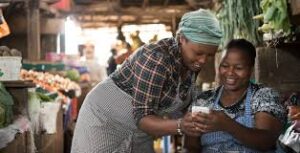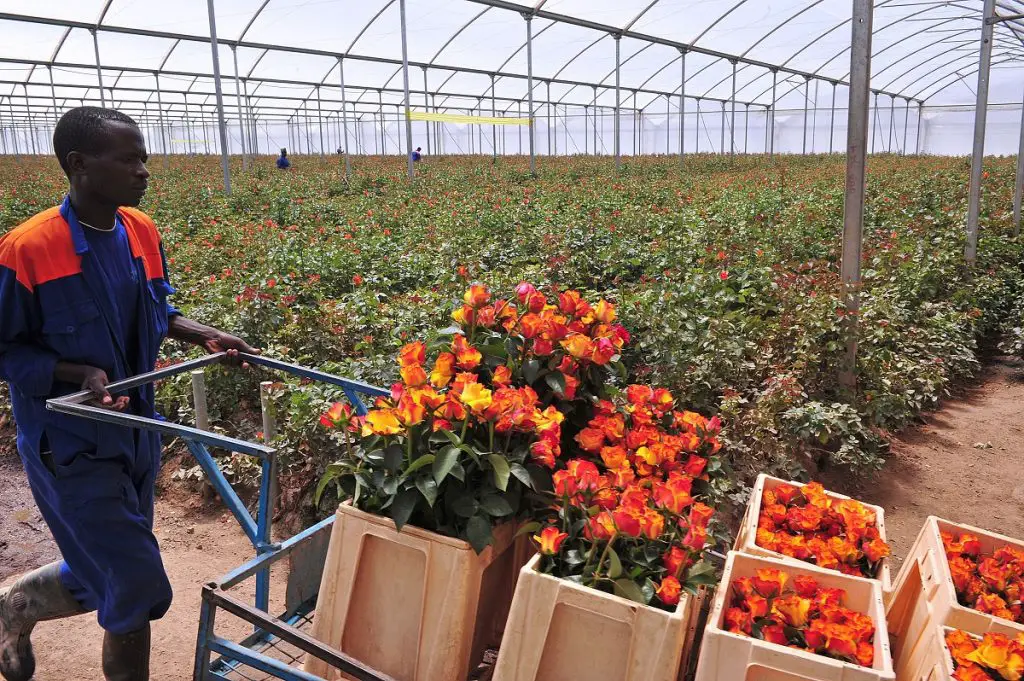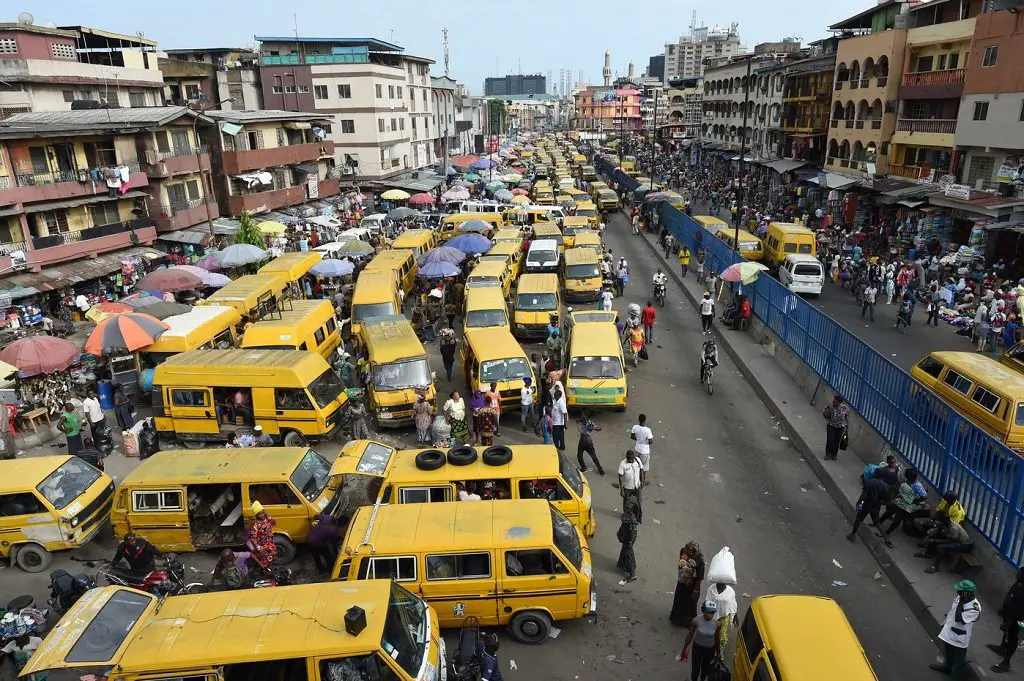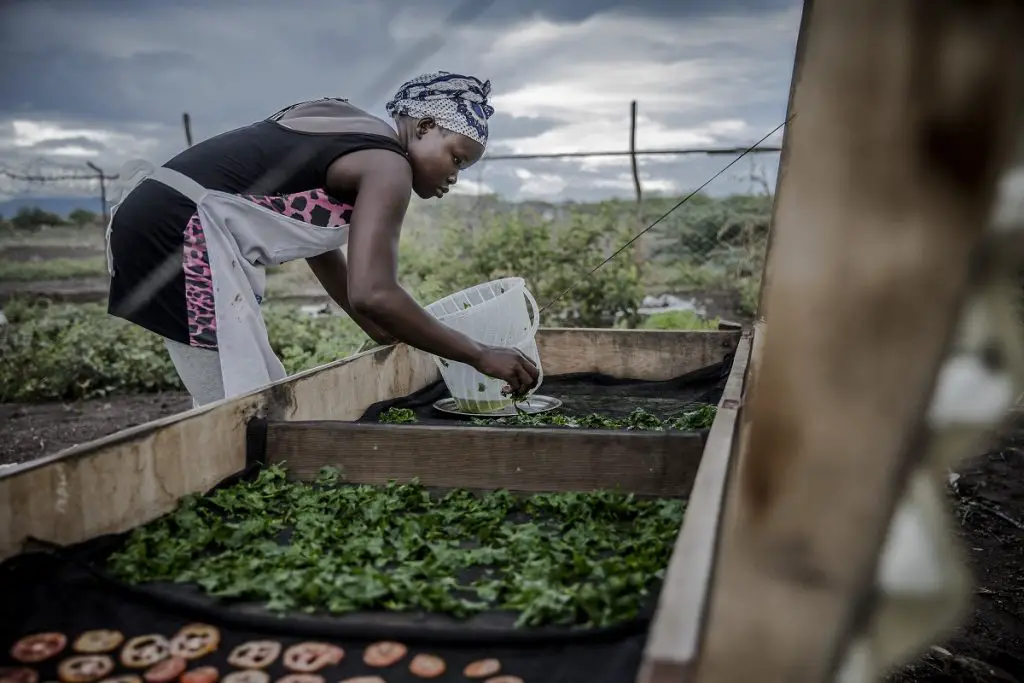- African Heads of State call for tripling of World Bank’s concessional financing
- SpaceX offers Starlink kit at half price for first-time Kenyan customers
- Mobile Banking Reshaping the Gender Gap in Financial Inclusion
- Unleashing ideas: AIM Congress sets the stage for over 450 dialogue sessions
- Abu Dhabi welcomes over 330 partners for AIM Congress 2024
- Kenyan Farmers Receive $2M Boost from Africa Fertiliser Financing Mechanism
- Brace for High Interest Rates for a Longer Period World Bank Warns Kenya
- Kenya-Ethiopia Trade Relations: Legislators Advocate for Policy Alignment to Boost Ties
Browsing: Coronavirus
The COVID-19 has ravaged the world changing the lives of millions and devastating economies across
the world. With actual infections reaching over half a million people, the focus has now shifted to the
role trade in wildlife contributes to such epidemics.
Just like COVID-19, other previous emergencies in the world can be directly traced to wildlife trade.
From HIV, to Ebola, Rift Valley fever, SARS, pandemic influenza H1N1 2009, yellow fever, avian influenza
(H5N1) and (H7N9), West Nile virus and the Middle East respiratory syndrome coronavirus (MERS-CoV)
reported in the recent past.
World Health Organization (WHO) estimates that globally, about one billion cases of illnesses and
millions of deaths occur every year from zoonosis.
Some 60% of emerging infectious diseases that are
reported globally are zoonosis.
Over 30 new human pathogens have been detected in the last three
decades, 75% of which have originated in animals.
Zoonotic diseases are as …
Both small and big companies are at risk as the number of attacks will increase during this lock down period. All over the world businesses are urged to embrace online engagement with their customers, and sale of their products.Banking security experts are advising that businesses of all sizes need a plan to defend cybersecurity threats. The following are tips on how to protect data, assets and transactions with any business—small or big, and in any sector.
Cyber-attacks may be launched over the internet or rely on someone with physical access to a company’s premises by using: emails that contain malicious hyperlinks and attachments with messages that often look like they came from a colleague and are commonly referred to as Phishing attempts, or legitimate-looking websites that are set up to capture users’ login credentials, or social engineering to convince unsuspecting employees to reveal confidential information or credentials, or mobile apps …
If there is anything that the spread of the COVID-19 (Coronavirus) pandemic across the world leading to partial or total lockdown in several countries has taught us, is that we need to be prepared financially for any eventualities today more than ever.
Barely two months ago, people across the world were planning and budgeting for the New Year without the realization that soon many would be losing employment or experiencing a cut of their normal income.
The global pandemic has brought the world to a standstill. This is an unprecedented time of trying to manage our lives behind closed doors, reaching out to those who need our help, and somehow remain afloat with the minimal income we have left.
Although the pandemic is just in its early stages in East Africa and most African countries, we should be learning from other countries like China and Italy. If we adapt to …
By Sachen Gudka
Coronavirus is our wake-up call. No one could have predicted its disastrous impact. But that is the nature of disasters; most are sudden, unpredictable and leave in their wake unimaginable misery and loss. We have been quite rudely awakened to the essentiality of disaster resilience.
Anything that we do from now on, any buildings, any plans and any developments as a country have to be done through a disaster resilience lens. Any policies developed and implemented should be able to answer the questions: ‘Will they help us get through the next disaster shock with minimal loss? Will they help us bounce back fast enough and set us on our feet to recover quickly? And more importantly, if we are ever to be left with no options but to close our borders, can we sustain ourselves?’
At the moment, efforts to reduce exposure and spread of the virus …
Trade among East African Community (EAC) member has suffered a catastrophic blow losing USD380 million in the span of just a single week.
There is not an economy that has not taken a hit from the coronavirus pandemic and the EAC trade bloc is no exception. While no official order has been issued to close their borders, each of the EAC member countries has limited all manner of movement, goods included.
Trucks are still going through to deliver goods but as Tanzania and Burundi agreed last week, the truck drivers would stay quarantined for 14 days. While for Kenya on the other hand, the country has chosen to escort the drivers and their tracks to their points of drop off and back, no detours allowed.
While cargo on transit has been forced to slow down to almost a snail pace, movement of people has come to a complete stop, if …
We are in a recession!
This is the stark reality that the world is facing and it has come sooner than many have predicted thanks to the covid-19 coronavirus. Already, the world is reeling from shock at the sheer magnitude of effect the virus has had on every aspect of life.
In addition to the lives and man-hours lost, the world will take a long time to recover from the hit. The global economy has suffered massive losses since the WHO announced the threat of the disease which was made public globally on December 31, 2019.
Already, airlines have started manifesting the effects of the coronavirus outbreak with Kenya Airways (KQ) staff taking a pay cut starting with newly appointed CEO Allan Kilavuka who will see his salary whittled down by 80 per cent from the 35 per cent he had announced earlier.
Tala’s next mission after freezing operations in
…Trade between Tanzania and China has been adversely affected by the ongoing global coronavirus pandemic.
The turn for the worst between Sino-Tanzanian trade is only to be expected as movement of both goods and people is restricted the world over.
In a press release that was issued recently by the respective authorities, Tanzania’s Minister of Industries and Trade, Mr Innocent Bashungwa, told local press that trade volumes to and from the two countries has taken a significant blow.
Cargo flow between the two countries is now limited if not completely stopped and the picture is grim across the region. While it is estimated to cost both parties huge sums of money, neither the Tanzanian authorities nor the counterparts from the Chinese embassy have released any specific figures.
The closed borders owing to the coronavirus outbreak, is the direct cause of the dropped trade between the two nations. Until the outbreak, …
If there is anything that the spread of the COVID-19 (Coronavirus) pandemic across the world leading to partial or total lockdown in several countries has taught us, is that we need to be prepared financially for any eventualities today more than ever.
Barely two months ago, people across the world were planning and budgeting for the New Year without the realization that soon many would be losing employment or experiencing a cut of their normal income.
The global pandemic has brought the world to a standstill. This is an unprecedented time of trying to manage our lives behind closed doors, reaching out to those who need our help, and somehow remain afloat with the minimal income we have left.
Although the pandemic is just in its early stages in East Africa and most African countries, we should be learning from other countries like China and Italy. If we adapt to …
On March 13, 2020, the Economic Commission for Africa (ECA) warned that the covid-19 coronavirus crisis could seriously dent Africa’s already stagnant growth.
Oil-exporting nations could lose up to US$ 65 billion in revenues as crude oil prices continue to tumble. Having already strongly hit Africa’s major trading partner, China, covid-19 was inevitably impacting Africa’s trade.
ECA Executive Secretary, Vera Songwe, said: “Africa may lose half of its GDP with growth falling from 3.2 per cent to about 2 per cent due to a number of reasons which include the disruption of global supply chains.”
She added that the continent’s interconnectedness to affected economies of the European Union, China and the United States was causing ripple effects.
US$3-billion facility
Songwe said that Africa would need up to US$ 10.6 billion in unanticipated increases in health spending to curtail the virus from spreading, while on the other hand revenue losses could …
Africa is prone to hunger crises every so often when disasters strike and with the covid-19 coronavirus pandemic, it may not be different.
In East Africa, for instance, the pandemic hit when farmers are preparing their lands for planting making it a challenge for the region that is also battling a desert locust outbreak.
So, what does this mean to the region which has suffered the brunt of inadequate food supplies which keep dwindling by the day?
For starters, the UN-FAO has warned that the locust outbreak in East Africa is the worst to strike Ethiopia and Somalia for 25 years — for Kenya, in 70 years. Djibouti, Eritrea and Uganda have also been affected.
Coronavirus: African leaders stuck with neglected, outdated healthcare systems
“The situation is especially extremely alarming in East Africa, where 20 million people are already considered acutely food insecure. There, the swarms have laid eggs and …









